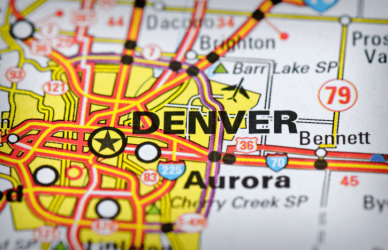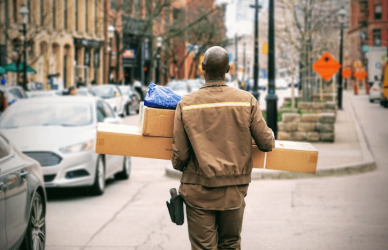The COVID-19 pandemic not only intensified our reliance on online shopping but also fast-tracked the evolution of last-mile delivery services. Even as we see the pandemic in our rearview mirrors, the demand for speedy deliveries remains strong, consumers now expect swift, often same-day, delivery, intensifying the need for more last-mile delivery solutions.
Many of these drivers operate as independent contractors or small business employees, riding the wave of the gig economy. However, they face similar risks as larger companies and appropriate insurance coverage is vital. Stay tuned as we cover the top insurance coverage options for last-mile delivery drivers.
Essential Insurance Coverages
To secure a delivery contract, retailers often mandate varying levels of insurance coverage. Key coverages for last-mile drivers typically include:
- Workers’ Compensation: This insurance protects employees in case of work-related injuries, from vehicle accidents to slips and falls.
- Auto Liability: Covers damages to third-party property in an accident.
- Non-Trucking Liability: Provides coverage for damages when the vehicle is used for personal activities.
- Physical Damage: Protects the delivery vehicle from property damage due to at-fault accidents.
- Cargo Insurance: Safeguards the goods you transport, with limits defined by contractual agreements.
What are the costs?
Carriers with an established track record have their insurance costs determined based on their loss history. Newcomers can leverage the loss history of their retail clients to secure coverage. Insurers require detailed vehicle information and may adjust workers’ compensation premiums based on fluctuating payrolls.
Why Coverage is Important
With consumers expecting timely and intact deliveries, retailers prefer carriers with comprehensive insurance coverage to safeguard their reputations.
Now that we have covered the basics, you can select the coverage that is best suited for your role in last mile delivery.








